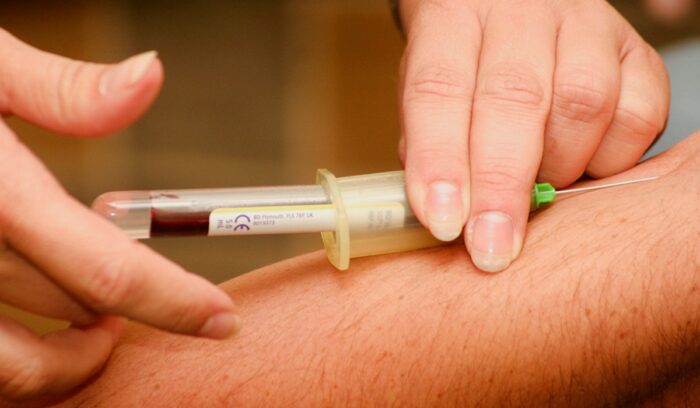Germany launches large four-day workweek trial
In February, 45 companies and organizations in Europe’s largest economy will introduce a 4-day workweek for half a year. Employees will continue to receive their full salary. Advocates argue that a 4-day workweek would increase worker productivity and, by consequence, help alleviate the country’s skilled labor shortage.










